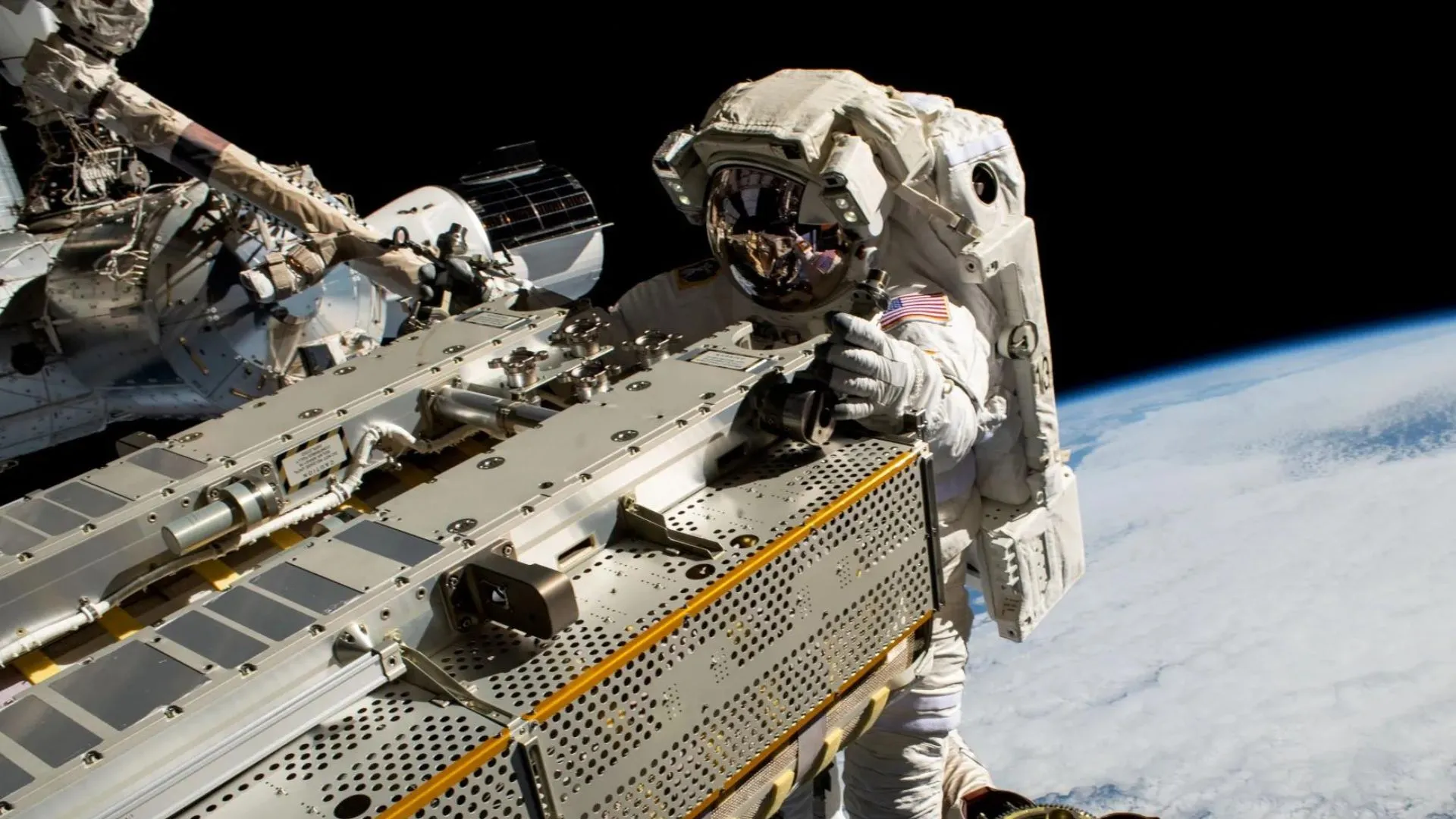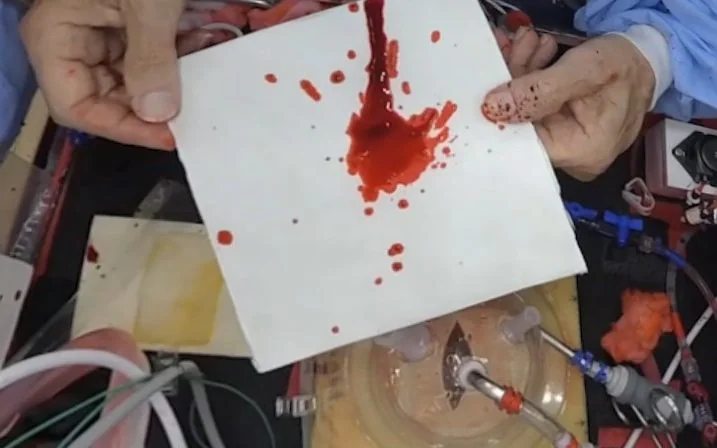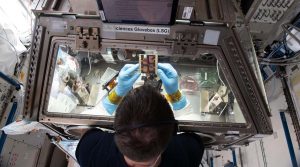Astroforensics: Here’s How Scientists Prepare For Possible Space Crimes
13th Mar 2024
As of 2024, no person from any country is known to have committed a space crime. Partly it is because previously, space was the prerogative of military people who had appropriate training, including psychological. This minimized the risks of personal conflicts. Today, we are on the threshold of space tourism. Currently, there are about 60 countries active in space that can potentially raise conflicts leading to space crimes.
What Will Be The Space Crimes Of The Future?
Space crimes probably won’t be like those in Star Wars, with gunfights. But no one cancelled the human factor. The number of private companies offering growth in tourism is increasing. In the future, scientists can fly into space, and private space stations will appear in addition to the ISS.
This means that untrained civilians who do not know how things work in space will be able to fly into space. Accidental incidents, such as injuries, as well as personal intentional conflicts and space crimes can occur.
This requires an understanding of how to determine whether it was a crime or an accident. So far, we do not know how to investigate the nature of such indicants.
That is why scientists are now looking to learn how to apply forensic science to places beyond Earth.
A Blood Experiment To Investigate Space Crimes
Recently, scientists from Staffordshire University and the University of Hull have conducted a first-of-its-kind experiment to study bloodstain patterns in microgravity. The findings were published in the journal Forensic Science International Reports.
They say that such tests could assist in probing extraterrestrial incidents and unlawful activities that might occur on a spacecraft or space station. This developing area of study is called astroforensics.
A Crime Scene Investigator in Atlanta Zack Kowalske said, “We find ourselves in a new era of forensic science; just as mid-19th century research asked the question of what a bloodstain meant in relation to cause, we are once again at the beginning of new questions that tie in how new environments influence forensic science”.
Experiments In Conditions Of Simulated Microgravity
Researchers carried out a series of experiments on a Zero Gravity Corporation-modified Boeing 727 parabolic aircraft. This high-tech jet encounters short periods of less gravity due to its up-and-down flight path.

“Studying bloodstain patterns can provide valuable reconstructive information about a crime or accident. However, little is known about how liquid blood behaves in an altered gravity environment,” added Zack Kowalske.
Researchers used a combination of 40% glycerin and 60% red food colouring to mimic the density and viscosity of human blood. Hydraulic syringes were used to eject blood droplets toward targets, such as paper, during gravity drops ranging from 0.00 to 0.05 g. Subsequently, researchers analysed blood stains to ascertain the impact angle.
Blood Behaviour In Microgravity
They found out that in microgravity, blood droplets exhibit slower spreading rates. They display distinct shapes and sizes that are not typically observed on Earth.
Co-author from the University of Hull Graham Williams explained, “With the lack of gravitational influence, surface tension and cohesion of blood droplets are amplified. What this means is that blood in space has a higher tendency to stick to surfaces until a greater force causes detachment”.
On Earth, gravity and air resistance affect how we measure angles. Initially, scientists thought that without gravity, calculations would be more precise. But surface tension became a more significant issue, making calculations more varied.
Forensics Is Still In Its Infancy To Solve Space Crimes
As a result, the team suggested that the challenges of lower gravity in space make it harder to understand how evidence behaves outside of Earth. That’s why, in the coming years, they might need to develop new forensic science methods to understand the outcomes of crimes in space better.
“Astroforensics is a novel subdiscipline that is in its infancy. Broadening the understanding of all forensic sciences in non-terrestrial environments is critical as we expand into a space-faring species. Research is needed, research that spans across all disciplines,” Zack Kowalske concluded.






Thank you for your comment! It will be visible on the site after moderation.